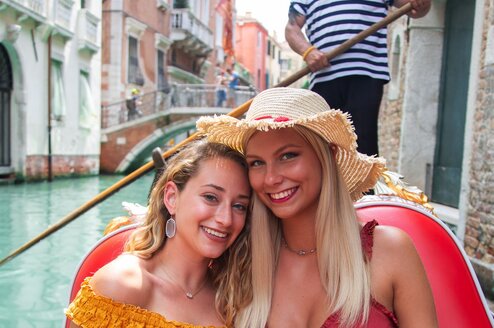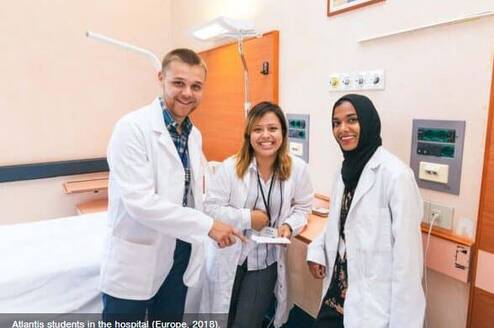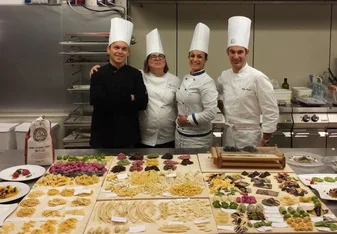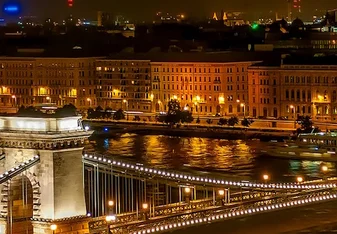Internships in Romania
Internship Programs in Romania
About
Starting to gain popularity with backpackers, mainstream tourists hopefully won’t be far behind on discovering the charms of Romania. It’s not just for Dracula fans anymore; Transylvania is a budding place for internship opportunities. And Bucharest mixes in all the mystery and opulent design of its 15th century ruins into its modern streets.
Vlad the Impaler’s castle sits right down the street from the square where rock festivals are held in the summer. If you have only traveled through Western Europe, you will not have seen anything quite like Romania, a mix of modern and medieval that manages to be opulent but never hectic. Even Bucharest’s museum nights draw crowds that are massive, but relaxed. Whether you decide on the peaceful small towns or the busy streets of Bucharest, it is a guarantee that Romania will be a unique experience for you.
Top Industries
There are plenty of internships available year-round in Romania. Whether you want to work in Bucharest or in the smaller towns of Transylvania, plan to work through your university or an independent program, there will be something to spark your interest.
Business
Business internships can take you to a rural setting or into Bucharest,
depending on the size of the business. Locally-owned business internships are available year-round in the smaller cities and towns.
Education
There are a number of programs that offer spots to work with young children in the rural areas of Transylvania. The year-round availability and variable lengths for a
stay give a lot of flexibility.
Telecommunications
Romania has a budding telecommunications industry, especially in Bucharest.
Planning Your Trip
When and Where to Look for an Internship:
Romania is a great choice for an internship if you want to go sometime other than summer. There are internships available year-round. The best time to look in that case is a minimum of two months before you would like to go, though four months is sometimes preferred. Where you want to go in Romania will determine programs and fields. If you plan to go to Bucharest, it’ll be business and telecommunications internships mostly. But you can find a wide variety of fields by looking outside the capital.
You can look at companies on your own for ones offering positions. These will likely be the larger businesses and be located in Bucharest. There are independent internship programs that offer a variety in multiple fields and/or locations. Also check at your university. Romania is a rare option, but a number of university programs do exist.
Cost of Living in Romania
Cost of living in Romania is cheap, thanks to a favorable exchange rate. That will keep your food expenses down. Eating in is always the cheaper option, but in Romania even going out for dinner is manageable. A grocery bill for a month could be as low as 200-250 leu/RON, which is about $60-75. If you do go out to eat, the menu prices will be very similar to what you would see in other European countries (7-10 for a first course, 12-18 for a second). But the difference is that rather than paying that in Euro, it’s in leu. Going out to dinner can cost as little as $6.
Apartments are surprisingly expensive in Romania. If you do some research on different housing sites or use any contacts that your internship program has, you may find something for as low as $525 per month. More likely though, you’ll find apartments start around $750-800 per month.
Thankfully you may be able to avoid this expense, depending on your program. Many internship programs in Romania provide housing. Since many programs are in smaller towns, this may be your only option anyway, saving you the trouble and expense of finding a place to stay.
Work Culture
The work culture in Romania is much the same as anywhere else. Your day-to-day wardrobe for work will depend on what program and location you have. Working in one of the rural education programs would probably only require casual wear, maybe a nice outfit for work events. The business programs will normally be closer to business casual. As always, ask your program! They will be able to tell you how formal/informal your particular position is.
Etiquette
When it comes to etiquette, Europeans do take it more seriously than many Americans do. Handshakes and more formal language are expected for first meetings, especially towards superiors and elders. If they tell you not to worry about formalities, follow the example. You should still show them respect as business superiors, but you can drop the Romanian equivalent of ‘sir/ma’am’ and any other linguistic formals. When you see someone at work or on the street, always greet them, especially if you've been introduced or make eye contact (it is considered rude not to).
Language
And as far as language proficiency, your program will advise you on any specific needs, but a basic vocabulary is always helpful. Romanians are usually very patient with the language barrier, since they know it is not a commonly taught language in the rest of the world. Use the little language that you may know, maybe try a word or two in another Romance Language to see if the two of you can figure out what you both need to know. You’ll be fine, just try not to get frustrated.
Networking
There might not be as many networking opportunities in Romania as in other European countries, but you should still inquire about work events that you might be able to attend or even required to. The interns in Bucharest will probably come across more of these events than those
in smaller towns.
Work and Labor Laws in Romania
A work week in Romania is five eight-hour days, usually the typical Monday-Friday. You can work up to 48 hours/week and that includes your overtime. Overtime can be compensated by extra pay or time off taken within 30 days. For the workers under 18, the week consists of five six-hour days. For those with a paid internship, you should know that minimum wage in Romania is one of the lowest in Europe at 158 EUR per month.















